Do you bear the name of kings? If your surname is spelled Wang or Wong, you can bet your Chinese surname is 王, pronounced Wang in Mandarin. Literally meaning “king,” Wang is the most common surname in China. You share this regal name with well over a hundred million people.
Within China, Wang stands at the #1 surname in no less than 16 provinces from Jilin to Xinjiang, with the highest concentration in Shandong province. The northern provinces have a higher rate of occurrence than in the south, and altogether Wangs comprise over 7.1% of China’s total population.
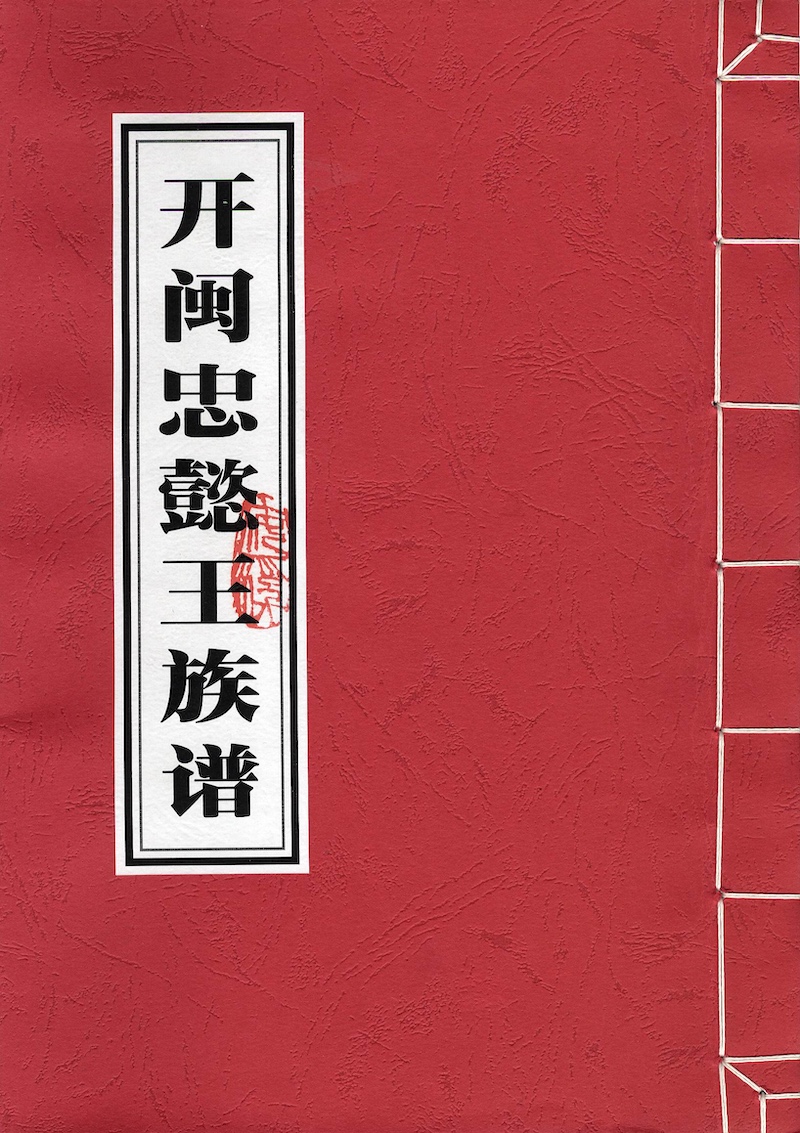
Looking for your Wang family history book?
What are the origins of Wang?
The surname Wang 王 has a number of different origin stories, as it has been adapted by many families and clans all across China.
According to the typical tale, when a king fell out of favor or had his life cut short, his descendants would continue to be recognized as royal by relationship. As the title Wang became more prevalent, it transformed from a position into a surname.
In one of the oldest accounts, a certain Bigan 比干 fell out of favor with King Zhou, the last monarch of the Shang dynasty. After he was killed, his descendants chose to take on the clan name Wang, in light of Bigan originally being the child of a local ruler. For years into the Tang dynasty, the Wang clan of Henan became well-established and popularly known as the Jijun Wang Clan 汲郡王氏. Over time, they migrated throughout Gansu, Hebei, Shanxi, and Shandong.
A more recent record details the exile of Wang Zijin 王子晋, the son of Zhou emperor Ji Xiexin. For convenience, the imperial court continued to use the name Wang for his son Zongjing 宗敬, who still held a government post. From then on, he decided to take on Wang as his family surname.
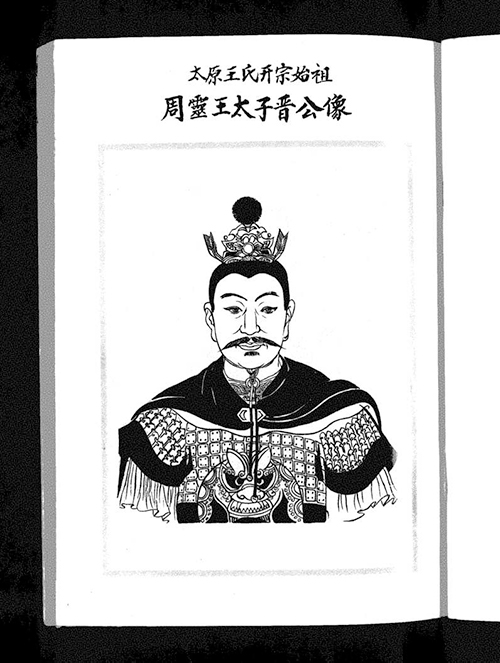
Did you know?
王 isn’t the only surname pronounced as Wang! Another that ranks in the 100 most popular surnames is 汪. Instead of meaning “king,” however, the Chinese character for this Wang has “three drops of water” on the left, a telltale sign that the meaning is related to water. In fact, 汪 translates to “deep and vast,” often used in Chinese literature to describe oceans and seas. Colloquially, it is also used to represent the barking sound of dogs. 😂
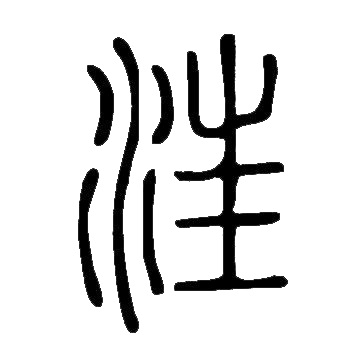
Wang

| Meaning | King |
| Symbols | | + 一 |
| Legendary Ancestor | Bigan 比干 |
| Founding Ancestor | Wang Zijin 王子晋 |
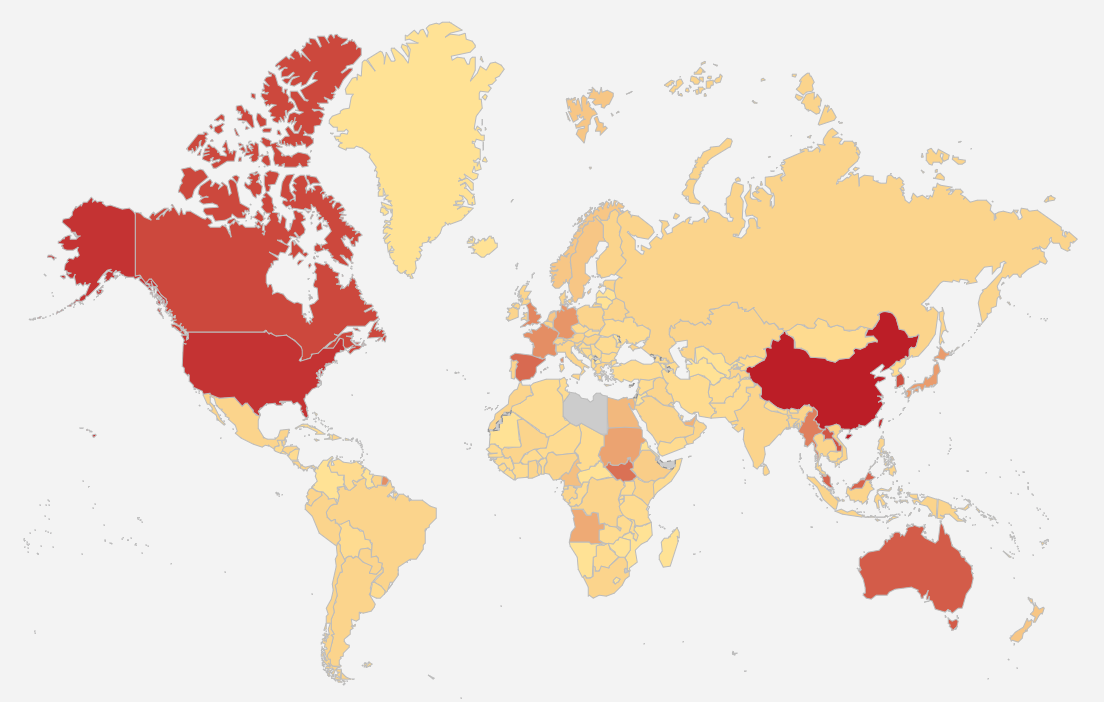
Spelling Variations
By Dialect
| Cantonese | Wong |
| Hainanese | Wong |
| Hakka | Wong |
| Hokkien | Ong |
| Mandarin | Wang |
By Country
| Indonesia | Ong, Ongko, Ongkowijaya, Radja, Wangsa, Wangsadinata, Waskito, Wong, Wongsojoyo, |
| Jamaica | Wong |
| Japan | O, Wau |
| Korea | Wang |
| Macau | Vong, Wong |
| Malaysia Singapore | Bong, Heng, Ng, Ong, Wang, Wong |
| Taiwan | Wang |
| Thailand | Sae-Heng, Sae-Won |
| USA (Hawaii) | Aloiau |
| Vietnam | Vướng |
Who are famous Wangs in modern history?
With such a huge number of descendants, the talents and passions of the Wang clan know no bounds. Famous figures with the Wang surname range from dynastic founders to boy band idols and political visionaries.
Some prominent Wangs in modern history include:
- Wang Mang, founder of the Xin Dynasty
- Wang Cong’er, a female leader of the White Lotus Rebellion
- Wang Ming, a senior leader of the early Chinese Communist Party (CCP) and mastermind of 28 Bolsheviks group
- Wang Ming-Chen, Chinese female physicist and science educator
- Ong Teng Cheong, President of the Republic of Singapore
- Wang Ki-Chun, judo world champion
- Wang Yibo, actor and member of Korean-Chinese boy band Uniq
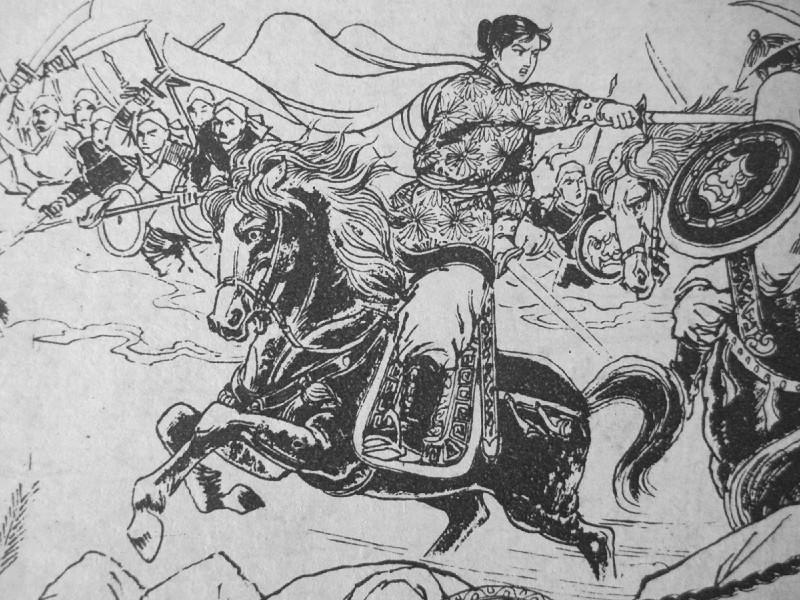
How do Wang families stay connected today?
Many Wangs around the world enjoy getting together to celebrate their shared history. Here are some groups dedicated to helping Wangs keep in touch today:
- Wang Clan World Student-Parent Friendship Gathering: This reunion was first organized in July 1993 in Taiyuan, Shanxi Province. Participants hail from 12 different family associations across Malaysia, Myanmar, Thailand, and Singapore.
- World Wide Wang Clan Network: This website connects Wang organizations all across the globe, sharing updates on news, history, and events.
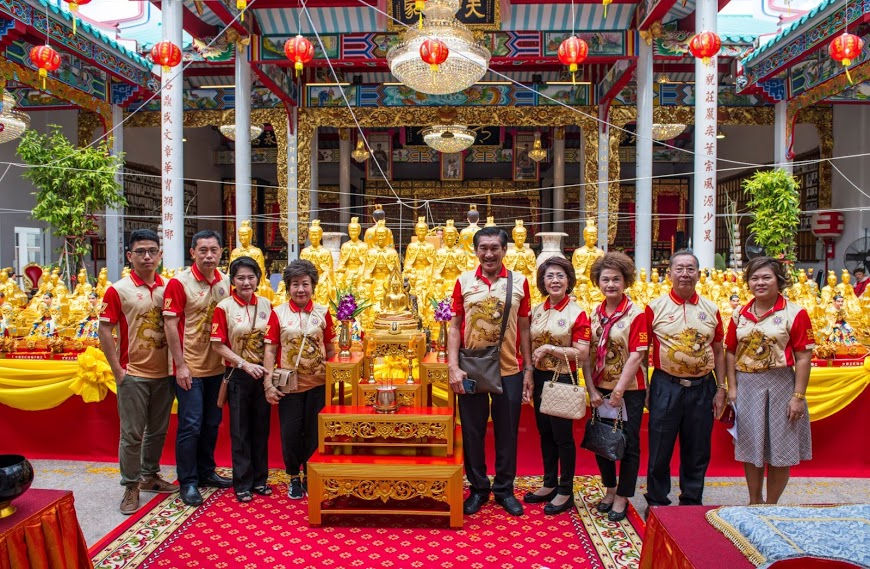
Are you a Wang? Who were your ancestors?
You can find the stories of your ancestors in a Wang zupu, or family tree book. Known as the Holy Grail of Chinese genealogy, a zupu records the names of your ancestors, their values, migration journeys, and more.
What do you know about your family history? Tell us in the comments!
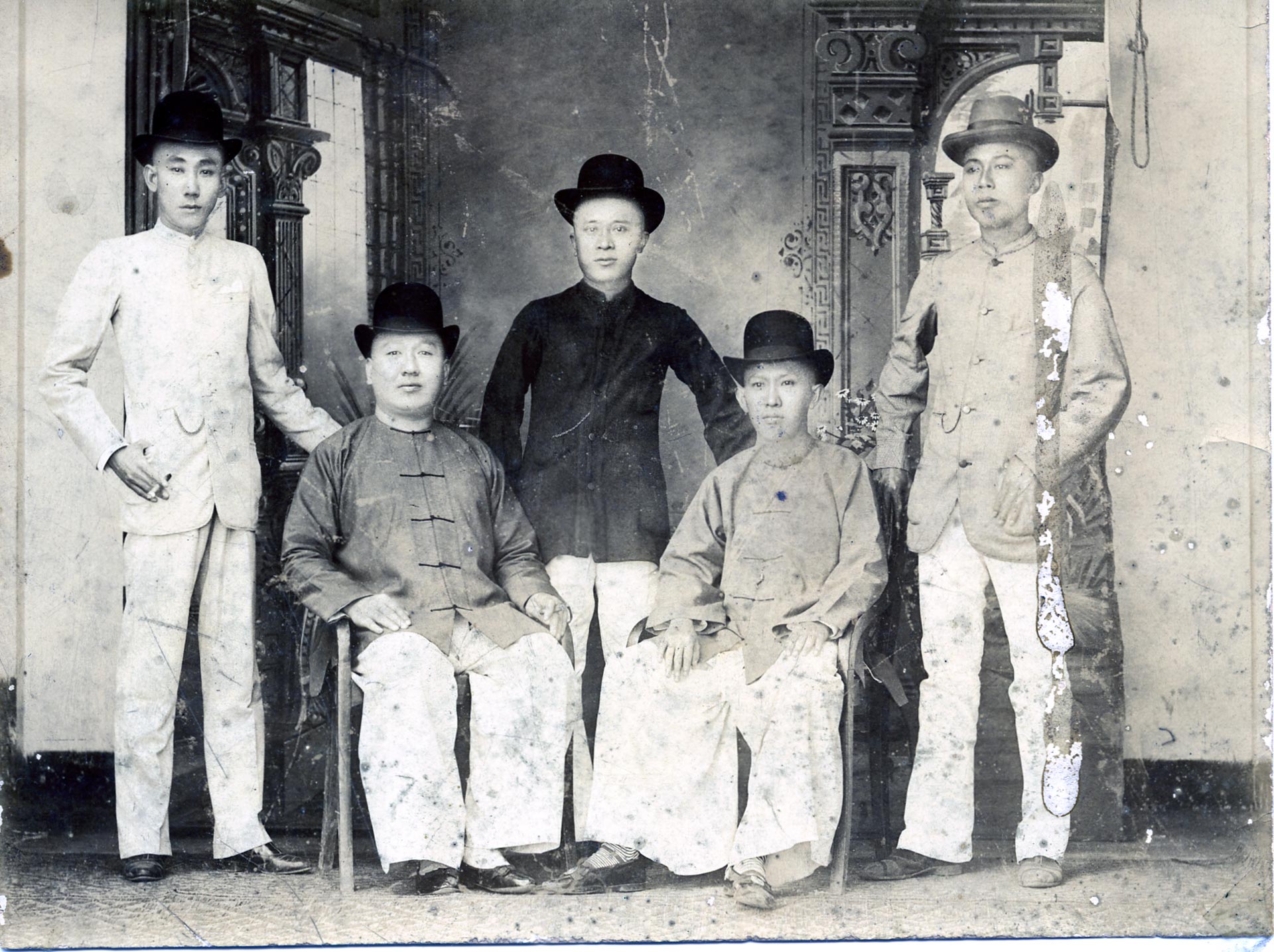
Discover the names and stories of your Chinese ancestors!
If you are interested in uncovering your family history, we would love to be of assistance. Our global team of researchers has helped hundreds of families discover their Chinese roots. Learn more about our services or go ahead and get in touch!
With the global pandemic, My China Roots is offering virtual tours packaged with our research trips to your ancestral village. Check out a demo here!


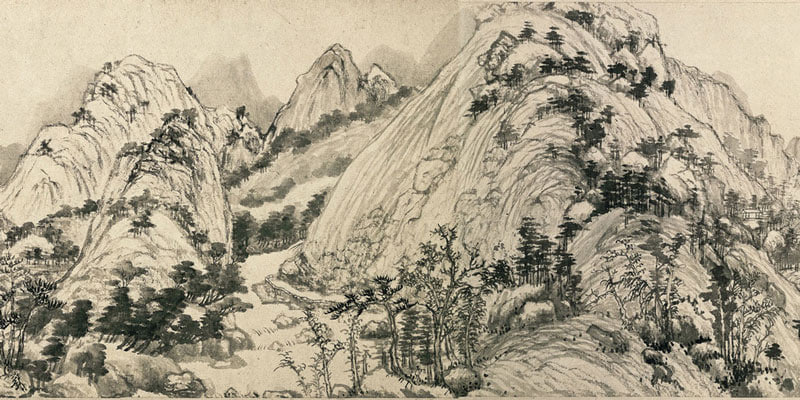
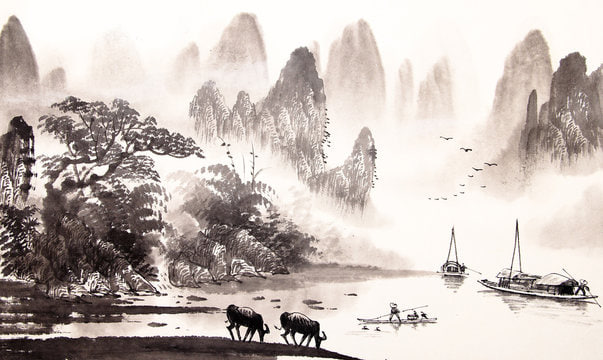
Dear Bing’en Lin,
I was looking for the origin of the word Wang in relation to the tiger being called the king of all beings. I came across the below statement on the website http://www.chinatigerrevival.org.uk/about-tigers/tiger-culture/
“The Chinese have interpreted the marking on the tiger’s forehead as the pictogram Wang, also a common family name, meaning “king”. Or rather, because of the tiger’s power as king of the forest and the marking on its head, the marking was adopted into the Chinese language meaning “king”.”
I was wondering if you know whoch one of these is the true origin of the word Wang. I would appreciate if you could throw some light on this incase you have any information. Thank you.
Dipti
Hello. I would like to be added to this list. What do I need to give you for this?
Some prominent Wangs in modern history include:
Wang Mang, founder of the Xin Dynasty
Wang Cong’er, a female leader of the White Lotus Rebellion
Wang Ming, a senior leader of the early Chinese Communist Party (CCP) and mastermind of 28 Bolsheviks group
Wang Ming-Chen, Chinese female physicist and science educator
Ong Teng Cheong, President of the Republic of Singapore
Wang Ki-Chun, judo world champion
Wang Yibo, actor and member of Korean-Chinese boy band Uniq
Kakek uyut saya org Tionghoa hanya saja saya kurang tau pasti asal usul beliau karena cerita turun temurun kami, tapi dia pernah sebut nama beliau ada chin Wang Lang at ching Wang Lang saya tidak tau pasti penulisannya karena dia sudah masuk muslim dan di kenal di kota bandung panggilan Baba Dawui. Mungkin ada yang tau sejarah Akong saya
Hello, the link to the World Wang clan is not current. You might want to disable the link as it is not appropriate.
i see you no wang why you you text? no wang no gang
hey I want to be one the list.